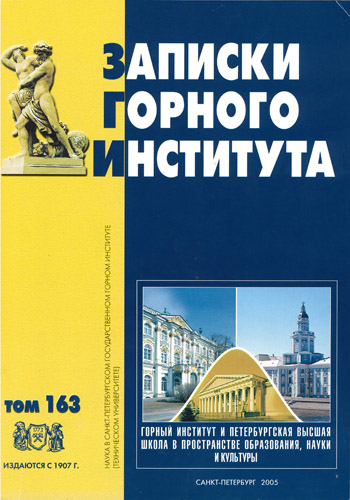Culture of communication with a young person after extreme situations during university enrollment
- 1 — St. Petersburg State Academy of Service and Economics
- 2 — G.V. Plekhanov Saint Petersburg Mining Institute
Abstract
The article addresses the current problem of different approaches in contacts with young people who have survived an extreme situation in connection with the assessment of the adequacy of their desire to enroll in higher education. In their research the authors use methods of psychological study and distinction of features of young people who have survived an extreme situation with a risk to life and have a desire to enter a higher education institution. Three groups of hypothetical applicants with different starting conditions and motivation are proposed for consideration. As a result of a professional, psychologically validated interview, the authors expect to be able to speculate on the further appropriateness and feasibility of studying these groups of young people. Thus, the authors conclude that the identified features must necessarily be taken into account not only by physicians, but also by educational psychologists when working with applicants.
